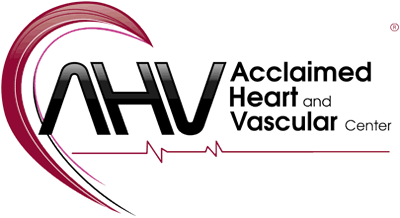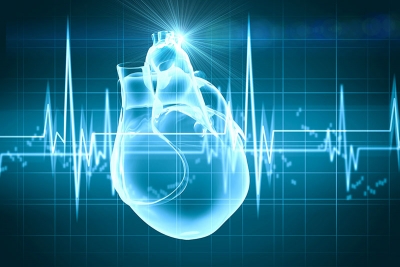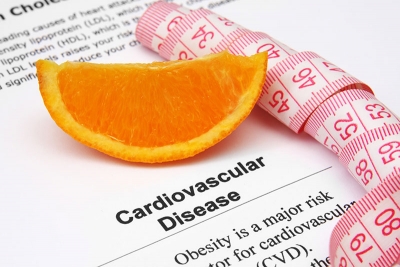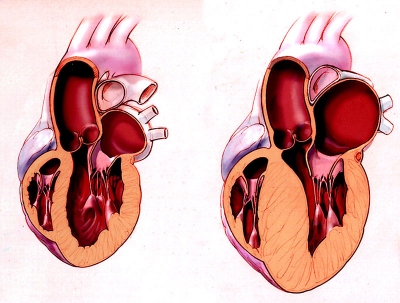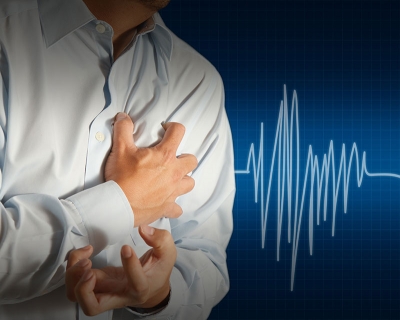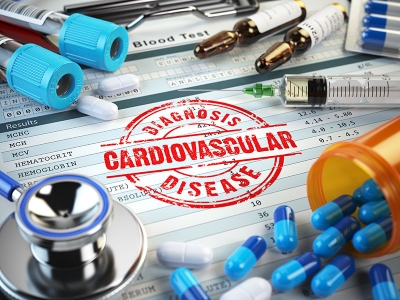Heart murmurs are sounds during your heartbeat cycle — such as whooshing or swishing — made by turbulent blood in or near your heart.
Most you don’t need to worry about and don't require any treatment.
But there are exceptions. Murmurs can be linked to a damaged or overworked heart valve. Some people are born with valve problems (congenital heart disease). Others get them as a part of aging or from other heart problems.
Heart attack symptoms vary from person to person, and even from one heart attack to another. The important thing is to trust yourself. You know your body better than anyone. If something feels wrong, get emergency care right away.
According to the Society of Cardiovascular Patient Care1, early heart attack symptoms occur in 50 percent of all people who have heart attacks. If you’re aware of the early symptoms, you may be able get treatment quickly enough to prevent heart damage. Eighty-five percent of heart damage happens in the first two hours following a heart attack.
Having diabetes means that you are more likely to develop heart disease and have a greater chance of a heart attack or a stroke. People with diabetes are also more likely to have certain conditions, or risk factors, that increase the chances of having heart disease or stroke, such as high blood pressure or high cholesterol.
Over time, high blood glucose from diabetes can damage your blood vessels and the nerves that control your heart and blood vessels. The longer you have diabetes, the higher the chances that you will develop heart disease.
In adults with diabetes, the most common causes of death are heart disease and stroke. Adults with diabetes are nearly twice as likely to die from heart disease or stroke as people without diabetes.1
Hypertrophic Cardiomyopathy (HCM) occurs if heart muscle cells enlarge and cause the walls of the ventricles (usually the left ventricle) to thicken. The ventricle size often remains normal, but the thickening may block blood flow out of the ventricle. If this happens, the condition is called obstructive hypertrophic cardiomyopathy.
Hypertrophic cardiomyopathy often goes undiagnosed because many people with the disease have few, if any, symptoms and can lead normal lives with no significant problems. However, in a small number of people with HCM, the thickened heart muscle can cause shortness of breath, chest pain or problems in the heart's electrical system, resulting in life-threatening abnormal heart rhythms (arrhythmias).
This type of angina, or chest pain, may be a symptom of coronary microvascular disease (MVD). Coronary MVD is heart disease that affects the heart’s smallest coronary artery blood vessels.
Causes
Spasms within the walls of these very small arterial blood vessels causes reduced blood flow to the heart muscle leading to a type of chest pain referred to as microvascular angina.
Heart disease, also called Heart and blood vessel disease, describes a range of conditions that affect your heart. There are many diseases that are categorized as heart disease, including coronary artery disease, arrhythmias (heart rhythm problems, and congenital heart defects (heart defects you are born with), among many others.
According to the World Health Organization and the CDC, Heart Disease is the leading cause of death in the US, UK, Canada and Australia1. Currently, 26.6 million US adults (11.3% of the adult population) is diagnosed with Heart Disease. 23.5% of all deaths in the US today are caused by heart disease2.
